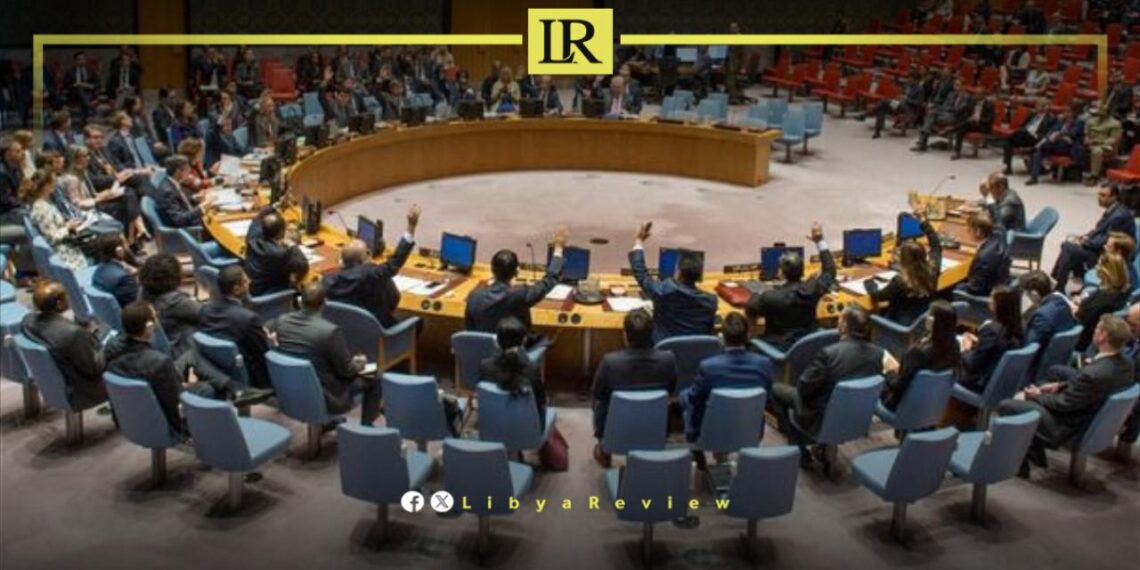On Saturday, the United Nations Security Council (UNSC) voted to extend the mandate allowing member states to inspect ships on the high seas off the coast of Libya for another year. This decision is part of ongoing international efforts to enforce the arms embargo imposed on Libya.
Russia’s UN mission announced that it abstained from voting on the resolution submitted by France and Malta. The proposal aims to extend the mandate of the European Union’s Operation Irini, which inspects vessels suspected of violating the arms embargo on Libya. The current mandate was set to expire on June 2nd.
The arms embargo on Libya was first imposed by the UN Security Council through Resolution 1970 in 2011, in response to the Libyan Civil War. The blockade aims to prevent the influx of weapons into the conflict-stricken country, thereby reducing violence and instability.
In 2016, the Security Council adopted Resolution 2292, which provided for the strict enforcement of the arms embargo in international waters off the Libyan coast. This resolution empowered member states to inspect vessels on the high seas if there were reasonable grounds to believe they were carrying arms to or from Libya.
Libya, which descended into chaos following the 2011 uprising that toppled and killed long-time dictator Moammar Gadhafi, has emerged as a major transit point for African and Arab migrants fleeing war and poverty to Europe.
Most migrants make the perilous journey in ill-equipped and unsafe rubber boats. The International Office for Migration estimated in March that the death toll among migrants who tried to cross the Mediterranean had passed the “grim milestone” of 20,000 deaths since 2014.
The European Union established a naval mission, Operation Sophia, in 2015 after tens of thousands of migrants began attempting perilous Mediterranean crossings in search of better lives in Europe. However, Italy blocked Operation Sophia, claiming that the warships attracted migrants to Europe’s shores. Planes and drones were still used in the Operation.
In March 2020, the EU launched a new naval mission in the Mediterranean Sea aimed at enforcing the UN arms embargo on Libya, dubbed IRINI, the Greek word for “peace,” and said it would use aerial, satellite, and maritime assets.


